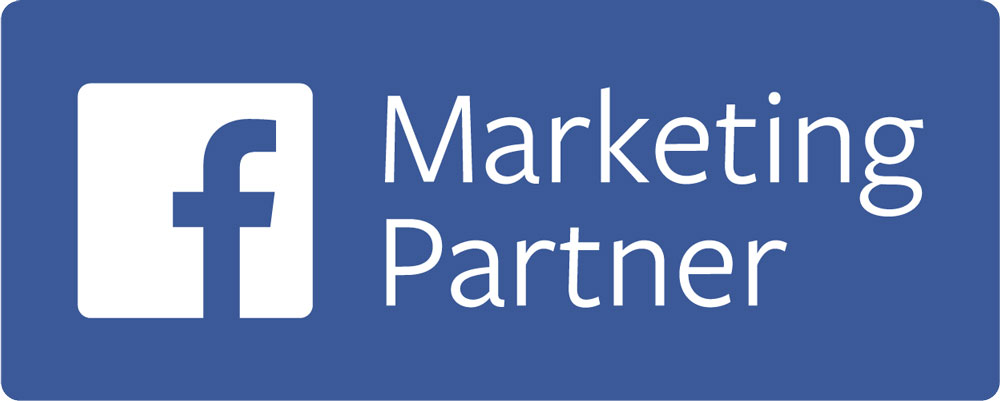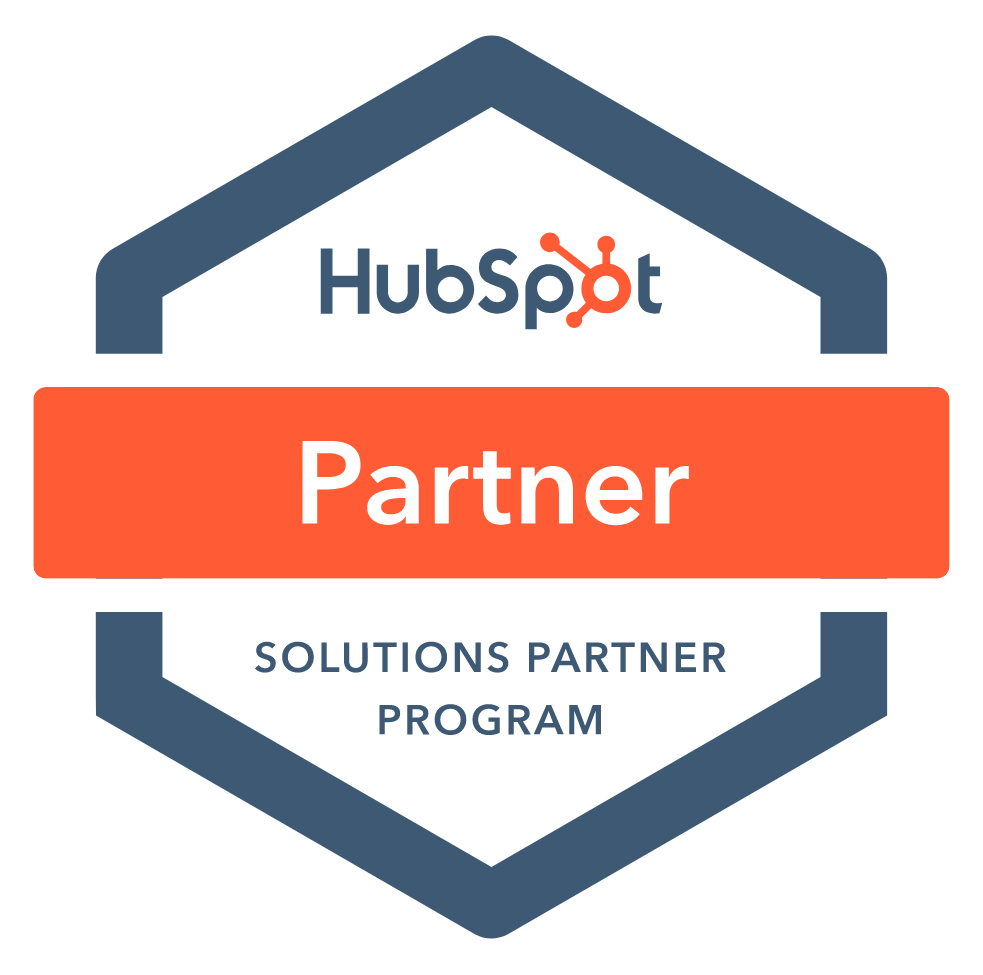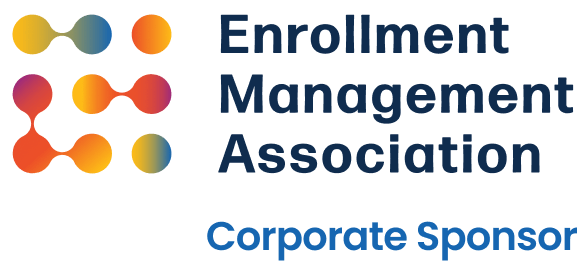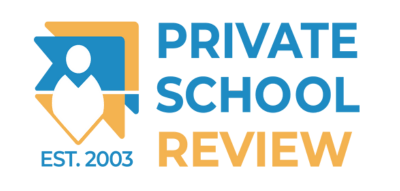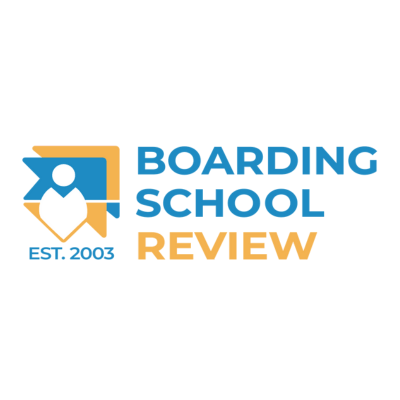by Trevor Waddington, Principal, Truth Tree
My first job out of college was teaching social studies at a small middle and high school for students with learning disabilities. Making barely enough to afford rent and a car payment, I eagerly volunteered when the head of school asked for someone to help create a marketing plan.
After my first year, I moved up the admin ladder, eventually becoming the director of marketing and assistant director of admissions.
Along the way, I learned what strategies and tactics were successful and which ones…not so much.
Today, our team at Truth Tree works with non-traditional schools of all kinds across the country. While each is unique, we often see similar gaps in the approaches used by each institution.
Below are three specific digital marketing strategies we have used to help special education schools attract, engage, and enroll best-fit students.
1. Speak Their Search Language
Would you eat a Bargoomick?
What if I told you the ingredients included apples, butter, flour, sugar, and cinnamon baked in a pie crust?
You’d say, ‘That’s an apple pie! I would love a slice!!’
But…
Who will make more sales if you are selling Bargoomicks and I am selling apple pie?
How your school identifies and who you serve vs. what parents search for online is typically the first communication divide that leads to, ‘I wish we knew about your school sooner.’
(BTW, I completely made up the word Bargoomick)
So let’s dive in with some questions to answer.
How do you identify your school?
- Special education school
- Special needs school
- Learning disabled school
- School for students with learning differences
- Neurodiverse school
- School for students with complex learning issues
These terms can be confusing to parents. But wait, there’s more to confuse them.
What “label(s)” is attached to the students you serve?
- Language-based
- Twice-exceptional or GT/LD
- Non-verbal
- Dyslexia-specific
- ADHD
- Autism Spectrum Disorder (and how far up or down the spectrum?)
As you can see from the Google Trends chart below, people search for special education almost 10 to 1 vs. the second and third most searched terms–LD school and learning disability school. The others don’t even register comparatively.
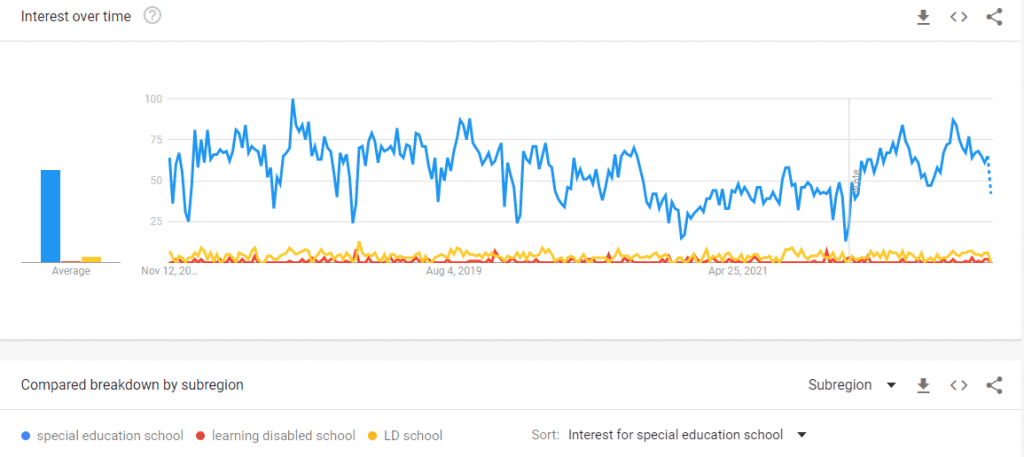
You may be thinking, ‘We are a language-based learning disabilities school. We can’t just start calling our school a special education school.’
You’d be right, sort of.
“It is ok to go off-brand with your keywords, but be sure to stay on-brand through your messaging and ad. To determine which keywords to target, rely on your analytics,” says Bekah Atkinson, the Director of Admissions at The Siena School, an LBLD school in the Washington, DC, area.
What people search for and what a Google search ad says can be different.
Tip: Think of all the terms that could be used to identify your school (see the identifiers and labels above to get you started). Use them along with layman terms that describe who you serve, even ones that are no longer “official,” like Asperger’s Syndrome. This will help more people find you.
Here’s the important piece. When you do broaden your searchability, make sure you identify who you serve in the ad headline. Otherwise, you may be inundated with mission-inappropriate inquiries.
2. Address Their Distress With Empathy, Not Sales
Parents with undiagnosed children are unlikely to search for an LD school. They will search for clarity in their child’s situation or solutions to a “problem,” like…
- How do I help my child understand oral instructions?
- My daughter is too old for a sippy cup but keeps spilling her drink.
- My kid keeps getting sent to the principal’s office for constantly sharpening his pencil.
The above queries are opportunities for your school to engage families via content marketing. Examples of your school’s content may include a blog, YouTube video, podcast, or a conversational social media post.
Here is a specific example.
Parent searches – my child is struggling to write using a pen or pencil
Parent clicks result – How to Help Your Child with Handwriting and Pencil Grip
Content marketing is only growing in importance and will have a lasting impact on your school’s brand awareness and trustworthiness as an expert in your field(s).
Tip: Look at what your school does best and what areas of expertise your faculty has, then compare that to what information parents are searching for. Where there is crossover is a great place to start.
Bonus Tip: Long-form content is less consumed, so you’ll have extra time creating short-form, bite-sized content for parents to read, listen to and watch.
3. Address the Additional Pain Points
Most private school parents don’t need to send their children to independent schools. They want to.
Parents of students with complex learning issues don’t want to send their children to LD schools. They may need to.
In addition to the 3 biggest pain points when exploring private schools (tuition, transportation, and school hours), special education programs have a huge hurdle: norm-breaking resistance.
Coming to grips with the fact that their child might need something different is difficult.
When I worked in admissions at an LD school, we were often ghosted for months mid-process. The delay was usually caused by parents internally negotiating what was best for their child.
They were contemplating:
- Will he grow out of it?
- Should we give the current school another chance…again?
- Will she think she’s dumb if we move forward?
- Is this the result of us being bad parents?
- Will he hate us?
During this time, it’s important to stay connected with prospective parents directly and indirectly, whether they are responding or not. This can be done using remarketing and retargeting tactics.
Here’s a specific scenario where digital display and social media ads can be used:
- That’s it! We can’t send our daughter to this school anymore. They need to be properly following her IEP.
- Searches: Dyslexia schools in Charlotte, NC
- Clicks on the first result
- Reads the description and likes the school
- Fills out a form and preps to hit send
- Thinks: No, this will destroy her life if she has to go to a school for kids with problems
- Leaves site
Even though they did not complete the form on your landing page, you can begin serving them ads via social media and digital display, even if they did not make contact. At least for the time being.
As suggested in strategy two, you want these ads to emphasize and suggest why inquiring, attending an event, or applying are important for their child.
Potential ad headlines:
- How we help students fit in
- Options for affording our school
- Are your hang-ups preventing your child from a great education? (Yes, get that deep!)
So, when enough is enough, and the parent can no longer allow their daughter to struggle at the current school, you will be top of mind.
Tip: Education and Behavior, the website that hosts the blog referenced in strategy two, has a lot of content for special needs parents. A quick look shows that you can target this site directly to post your ads.
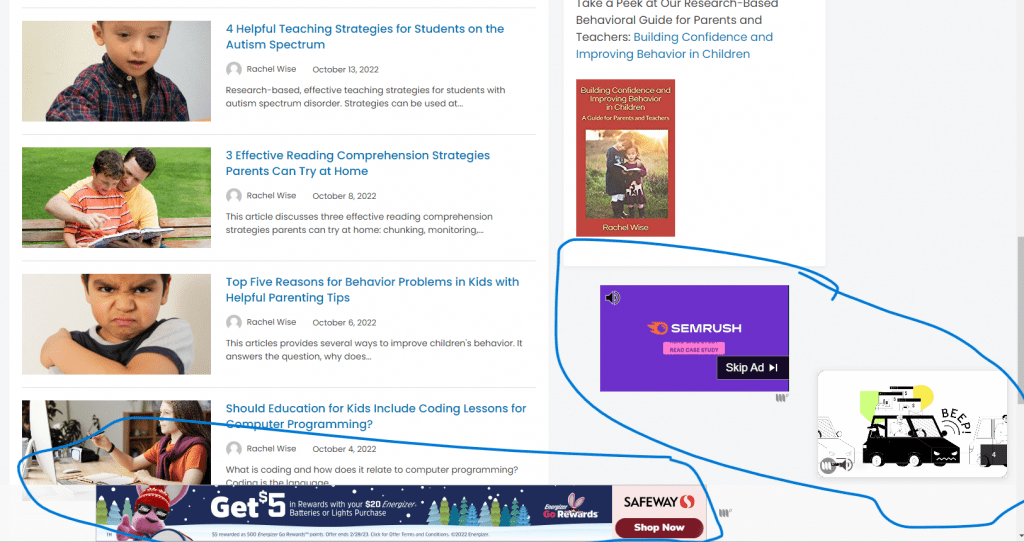
Bonus Strategy: Use LinkedIn To Boost Referrals
You likely have educational consultants, ed. psychologists, and other professionals who refer students to your school.
A great way to target these folks is to advertise to them on LinkedIn. There will always be people and firms you don’t know about and don’t know about your school.
For free, simply run a search for people with appropriate job titles. For a price, you can run ads on LinkedIn. This is a good option because it puts your school on the radar of potential referrers.
In Summary,
marketing a special education school is highly specialized. This is especially true in the constantly evolving digital marketing space. I hope these strategies and actionable tips can help you find, attract, and enroll best-fit students in your school for years to come.
If you are interested in information to help you grow your enrollment, reach out to us today. Truth Tree is an award-winning digital marketing team that works exclusively with schools and educational organizations.


